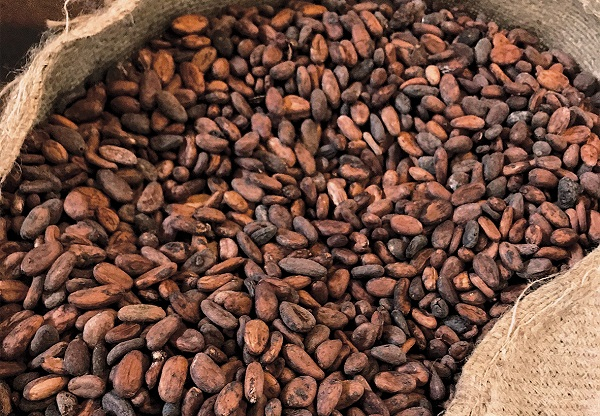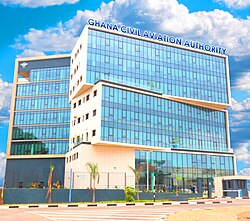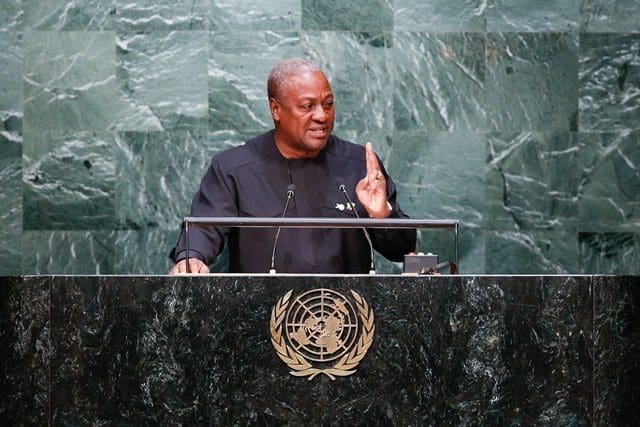A leading opposition lawmaker has sharply criticized the government for falling short on its campaign promise to significantly raise cocoa prices for farmers, despite a sharp increase in global cocoa market prices.
Dr. Isaac Opoku, Ranking Member on Parliament’s Agriculture Committee, said at a press conference Tuesday that the administration had failed to honor its pledge to pay cocoa producers GH₵6,000 per 64-kilogram bag, a figure floated during the 2024 campaign season. Instead, the government has set the producer price at GH₵3,228.75 for the 2024/2025 cocoa season.
“Is this the figure the President was referring to when he claimed cocoa farmers would be ‘very happy’ with the new price in August?” Opoku asked. “He owes them an honest answer.”
The current producer price—roughly $270 at prevailing exchange rates—has disappointed many farmers, who expected higher returns amid a significant rally in global cocoa prices. Benchmark cocoa futures have soared in recent months, driven by supply shortages in major producing countries, including Ghana and Côte d'Ivoire.
Opoku also challenged the ruling National Democratic Congress (NDC) on its own past rhetoric, recalling that party officials had once urged the previous administration to raise cocoa prices to between GH₵6,000 and GH₵7,000 per bag. “What was the NDC’s motive when it made those demands in opposition?” he said. “Would they now concede those calls were reckless?”
He argued that, based on current international prices and exchange rate dynamics, a more appropriate producer price would be at least GH₵3,718 per bag—15% higher than what was announced.
The price announcement has renewed pressure on Ghana Cocoa Board (COCOBOD) and the Ministry of Agriculture to address long-standing concerns about farmer compensation and the distribution of earnings in the cocoa value chain.
Ghana is the world’s second-largest cocoa producer, and cocoa is a key export commodity, generating billions in foreign exchange annually. The sector’s health remains vital to rural livelihoods and national economic stability.














